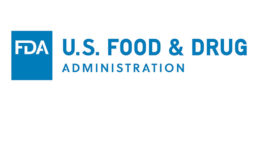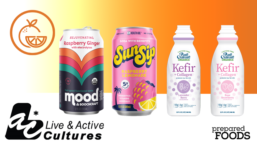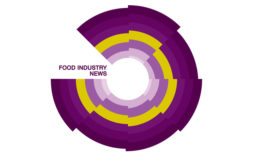Home » Keywords: » food label
Items Tagged with 'food label'
ARTICLES
The organization champions biodiversity, healthier soils, protects animal welfare and worker well-being
Read More
FDA Proposes Front-of-Package 'Nutrition Info Box'
The proposal would give consumers readily visible information about a food's saturated fat, sodium and added sugars content
January 27, 2025
Justin's Pollinator-Friendly Badge
The brand will roll out the pollinator badge across product packaging, while committing $85k to pollinator conservation efforts
June 14, 2024
Innovation and Ingredient Formulation for Gut Health Continue to Surge
From kombucha market growth to live culture probiotic labels, food and beverage marketers identify opportunities to connect consumers to products that address immunity
May 15, 2024
Louisiana Label Censorship Law Found Unconstitutional After First Amendment Challenge from Tofurky
Meat and dairy alternatives can use common naming conventions in the state without fear of prosecution
March 31, 2022
Alternative Milk Labeling Leads to Legal Lashings
With the rise of plant-based milk, the dairy industry wants the federal government to restrict use of the “milk” label
January 18, 2021
Unlock the Future of Food and Beverage Innovation
Are you a leader in research & development? Stay ahead of the curve with Prepared Foods, the premier source of information and insights for today's trend leaders and taste-makers in food and beverage manufacturing.
JOIN TODAYCopyright ©2025. All Rights Reserved BNP Media.
Design, CMS, Hosting & Web Development :: ePublishing





